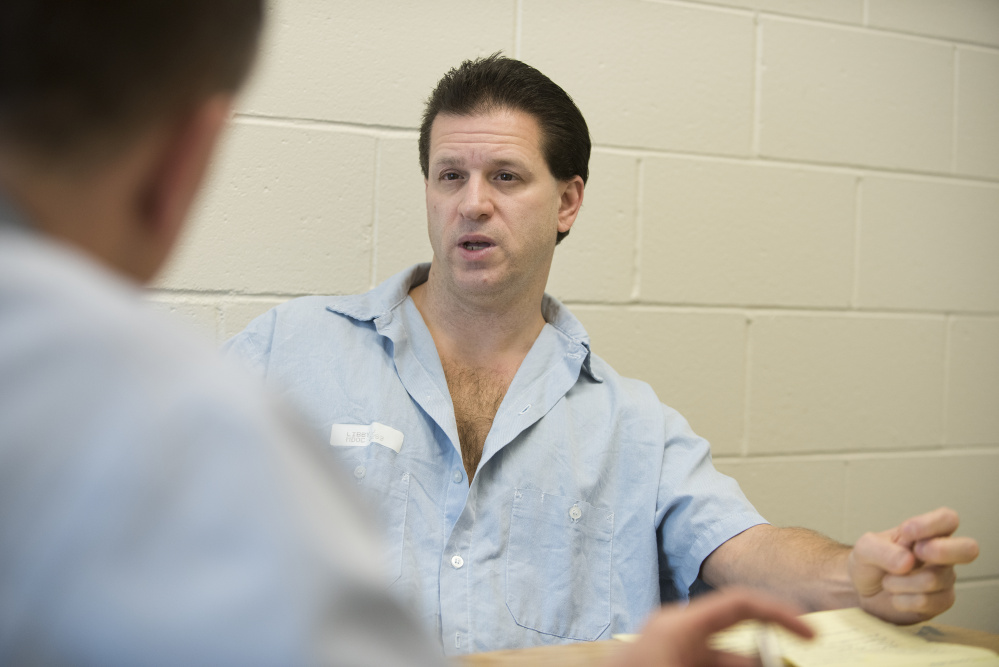In an era when people are quick to complain that they’ve been censored because an Internet forum removed their comment or a fundraising website refused to host their project, the case of Jeffrey Libby, the Maine State Prison inmate ordered last fall to stop writing for the news media, is an example of actual censorship: That is, government suppression of speech.
The recent removal of punitive restrictions on outside communication by state prisoners represents a victory for Maine inmates’ First Amendment rights – as well as for the general public’s right to know how our government is treating those of us behind bars.
Libby, who is serving a 60-year sentence for murder, began writing newspaper opinion pieces in 2007, about 20 years into his term. The columns, on topics like inmate literacy programs and the reinstatement of parole, were submitted and verified through his attorney. But it wasn’t until his most recent op-ed was published in the Portland Press Herald on Oct. 5 that prison officials ordered Libby to “cease and desist” or be punished.
His writing became a test case for a Maine Department of Corrections proposal to ban state prisoners from writing under a byline. The DOC recently rescinded the reporting ban, and it’s a decision that represents a wise reversal of course.
Federal rulings have upheld prisoners’ communication rights, which suggests that Maine would have been treading on shaky ground by trying to enforce the prohibition – or to defend it in court. Prison systems are allowed to limit speech only if they can show that it jeopardizes safety or security. Maine corrections officials haven’t made that argument about Libby’s columns.
Laws that violate inmates’ free-speech rights also keep our government from functioning as it should. That’s because these regulations prevent inmates from making public what goes on inside correctional facilities. The public is kept in the dark about prisoner abuse, and the likelihood increases that inhumane conditions will go unaddressed.
Many people may find it hard to believe that it’s important to safeguard a convicted murderer’s ability to communicate with the outside world. But if the First Amendment applied only to those with a sympathetic cause, it wouldn’t mean much. It protects all of us, or it doesn’t protect any of us – no matter which side of the bars we happen to be on.
Send questions/comments to the editors.



Success. Please wait for the page to reload. If the page does not reload within 5 seconds, please refresh the page.
Enter your email and password to access comments.
Hi, to comment on stories you must . This profile is in addition to your subscription and website login.
Already have a commenting profile? .
Invalid username/password.
Please check your email to confirm and complete your registration.
Only subscribers are eligible to post comments. Please subscribe or login first for digital access. Here’s why.
Use the form below to reset your password. When you've submitted your account email, we will send an email with a reset code.